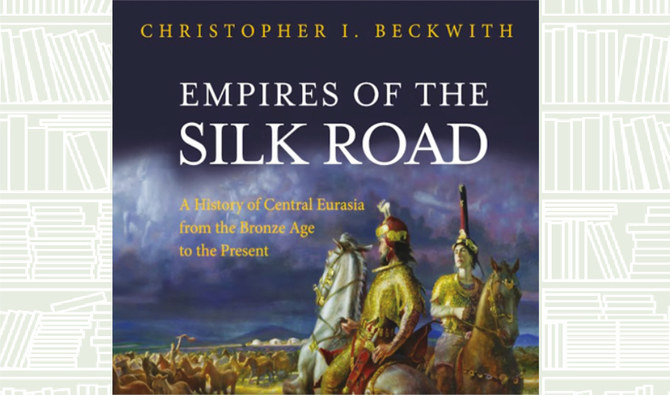JEDDAH: Kuwaiti Palestinian writer Shahd Alshammari’s new speculative memoir “Confetti and Ashes” is a bold departure from her previous work “Head Above Water,” which was longlisted for the Barbellion Prize in 2022.
Alshammari’s layered meditation on the disabled body as both a site of loss as well as endurance is propelled forward by sharp observations and a quiet brilliance that had me turning pages well into the night.
Her first memoir, “Head Above Water,” offered an unflinching look at navigating multiple sclerosis as an Arab woman teaching literature in Kuwait. Her latest, however, ventures into a realm where memory and personal narrative intersect with poetry, imagination, and otherworldly presences.
The voices of ghosts and Zari, her qareen — the jinn-companion assigned to each person in Islamic belief — transform Alshammari’s personal narrative. It becomes a dialogue, a captivating dance between the seen and unseen worlds.
This inclusion shakes up the conventional memoir structure to broaden the scope beyond Western frameworks of storytelling. It also offers readers a visceral look at the ways living with disability and chronic illness can disrupt and reshape an individual’s perspective and worldview.
The dreamlike and omniscient voice of the qareen also mirrors the disorientation and internal struggles that come with living with chronic illness and disability.
Alshammari astutely draws parallels between the disabled body and the female body in the social and cultural context of Kuwait. In a world of able-bodied norms, she reflects on their intersecting experiences of marginalization, scrutiny, and resistance.
She rejects predictable storytelling, and not just in her writing, but also in life. Her body rebels, yet she defies societal stigmas — including concerns voiced from other women with MS.
She explores holistic wellness practices and eventually takes up squash, expanding her social circle and pushing her limits to build her mental and physical endurance.
In capturing her dual journeys of illness and wellness, the author invites readers to reflect on the disabled body not as a burden, but as a site of poetic possibility.
In “Confetti and Ashes,” Alshammari presents a profound reclamation of the self and cements herself as a vital voice in reimagining the female disabled experience.























